Nuclear Weapons
Return to article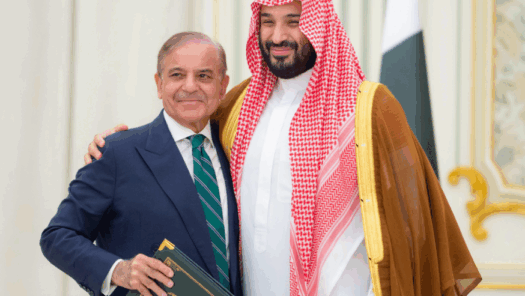
Signed but Undefined: Contextualizing the Pak-Saudi Mutual Defense Agreement
After decades of partnership, Saudi Arabia and Pakistan have officially signed a “strategic mutual defense agreement.” The joint statement, issued on September 17, identified “shared strategic interests,” among other factors, as providing the impetus for the agreement, which aims to…
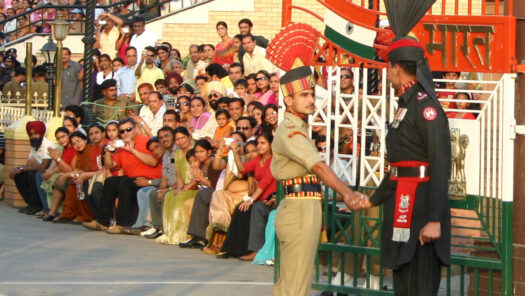
दक्षिण एशिया में हथियार नियंत्रण हेतु द्विपक्षीय परामर्शदात्री निकाय महत्त्वपूर्ण हैं
2008 के बाद, भारत और पाकिस्तान ने महत्त्वपूर्ण द्विपक्षीय शस्त्र/हथियार नियंत्रण वार्ता नहीं की है, जो 1980 केदशक के बाद से ऐसी चर्चाओं के बिना सबसे लंबी अवधि है। इस विलम्ब के दो प्रशंसनीय नीतिगत स्पष्टीकरण हैं:प्रथम, भारत और पाकिस्तान…

Kargil’s Myths and Realities: A Pakistani Perspective
Twenty five years have passed since Pakistan and India clashed along the Line of Control in a limited terrain in what has come to be known, incorrectly, as the Kargil War. However, the misnaming of that armed conflict as “war”…
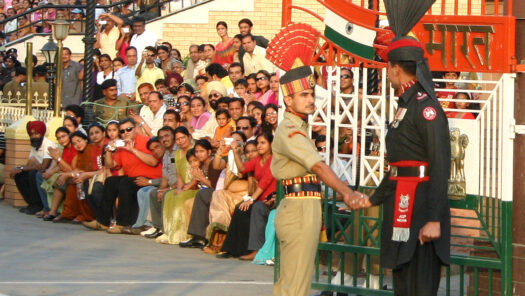
For Arms Control to Thrive in South Asia, a Bilateral Consultative Body is Crucial
India and Pakistan have not held significant bilateral arms control talks since 2008, constituting the longest period without such discussions since the 1980s. There are two plausible policy explanations for this. First, India and Pakistan typically discuss arms control as…
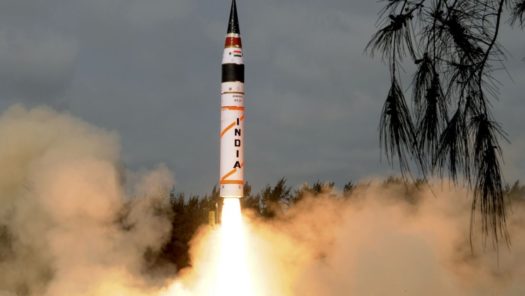
Mapping the Prospect of Arms Control in South Asia
Once considered a factor of stability during the height of the Cold War, the global arms control architecture is now all but crumbling. In South Asia, arms control has always remained elusive, and the prospects for the future seem slimmer…
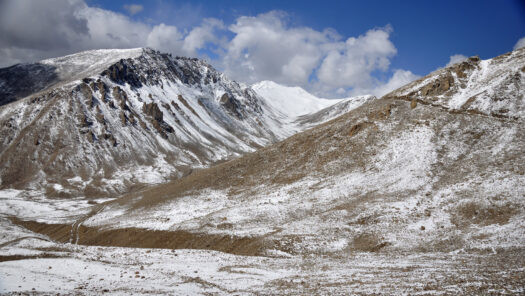
25 Years After Kargil: Assessing Pakistan’s Crisis Preparedness
This summer marks a quarter century since the Kargil conflict, and a lot has changed between Pakistan and India in the intervening years. Several crises have ensued. Islamabad and New Delhi have come close to potential war more than once.…